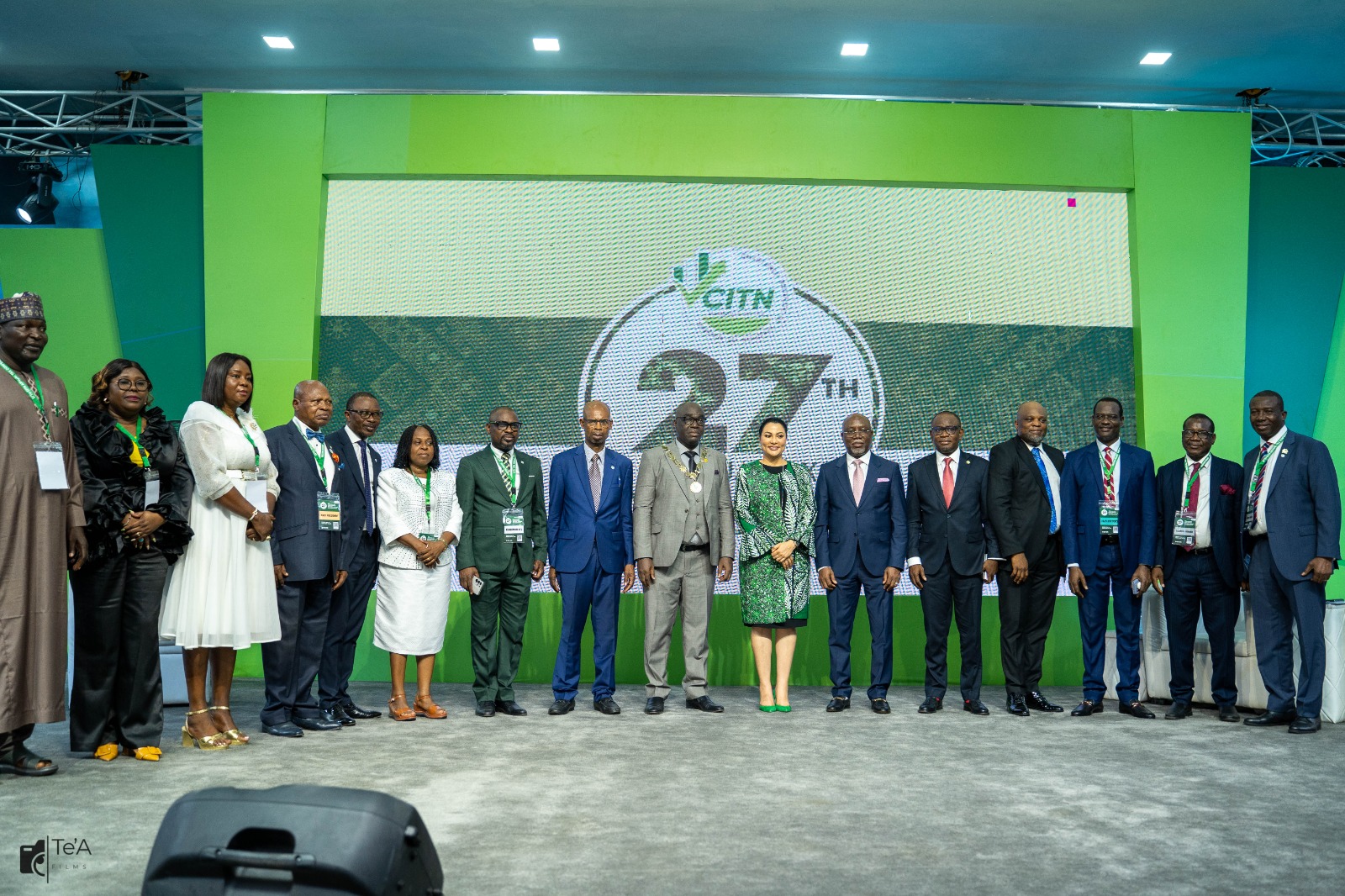By Oladosu Adebola Oluwaseun
President Bola Ahmed Tinubu’s administration is embarking on a transformative journey to overhaul Nigeria’s tax systems, aiming to establish a framework that fosters economic growth, reduces poverty, and propels national development. This ambitious initiative, articulated at the 27th Annual Tax Conference of the Chartered Institute of Taxation of Nigeria (CITN) in Abuja, signals a decisive shift towards a more transparent, equitable, and efficient fiscal environment.
The conference, themed “Taxation for Development: Policies, Law and Implementation,” served as a platform for President Tinubu, represented by the Honourable Minister of State for Finance Dr. Doris Uzoka-Anite, to underscore the government’s unwavering commitment to comprehensive tax reforms. This commitment is not merely a policy adjustment but a fundamental restructuring designed to align Nigeria’s fiscal strategies with its broader developmental objectives.
A cornerstone of this reform drive is the establishment of the Presidential Committee on Fiscal Policy and Tax Reforms. This committee, tasked with streamlining and modernizing Nigeria’s tax administration and legal framework, reflects the government’s recognition of the urgent need for systemic change. The recent passage of the Economic Stabilization Bills into law further exemplifies this proactive approach. These legislative measures are intended to simplify the tax system, broaden the tax base, and ensure that fiscal policies are strategically aligned with national development priorities.
President Tinubu’s vision extends beyond mere revenue generation. He envisions a tax system that fosters accountability, stability, and long-term development. He emphasized that “a robust, transparent, and fair tax system is essential for financing government operations and creating an environment of accountability, stability, and long-term development.” This statement highlights the administration’s understanding of the symbiotic relationship between a well-functioning tax system and sustainable national progress.The administration is also keenly aware of the transformative potential of technology in enhancing tax compliance and improving service delivery. The digitization of tax processes, as highlighted by the President, is a pivotal step towards modernizing the tax administration. By leveraging technology and data analysis, the government aims to create a more efficient and transparent system, reducing the administrative burden on taxpayers and minimizing opportunities for corruption.
Furthermore, President Tinubu’s call for meaningful engagement among stakeholders, particularly tax professionals and policymakers, underscores the importance of collaborative efforts in driving tax reform. He recognizes that crafting effective tax policies requires a collective approach, one that incorporates diverse perspectives and expertise. By fostering dialogue and partnership, the government aims to create a tax system that is both robust and responsive to the needs of the Nigerian people.
The President’s declaration of the conference’s opening, coupled with his expression of confidence in the potential of the ideas shared and partnerships formed, reflects a sense of optimism and determination. This optimism is grounded in the belief that the ongoing tax reform journey will yield significant benefits for the nation’s economy and citizens.
The government’s commitment to transparency and fairness is not merely rhetorical. It is a guiding principle that informs every aspect of the tax reform initiative. By ensuring that the tax system is perceived as just and equitable, the government aims to foster greater trust and compliance among taxpayers. This, in turn, will lead to increased revenue generation and a more stable fiscal environment.
In essence, President Tinubu’s vision for Nigeria’s tax system is one of transformation and revitalization. It is a vision that seeks to create a fiscal landscape that is conducive to economic growth, social development, and national prosperity. By embracing innovation, fostering collaboration, and prioritizing transparency, the government is laying the foundation for a sustainable and equitable tax system that will benefit generations to come. The goal is to move beyond short term solutions to long term structural change that will ensure a stable and prosperous Nigeria.
